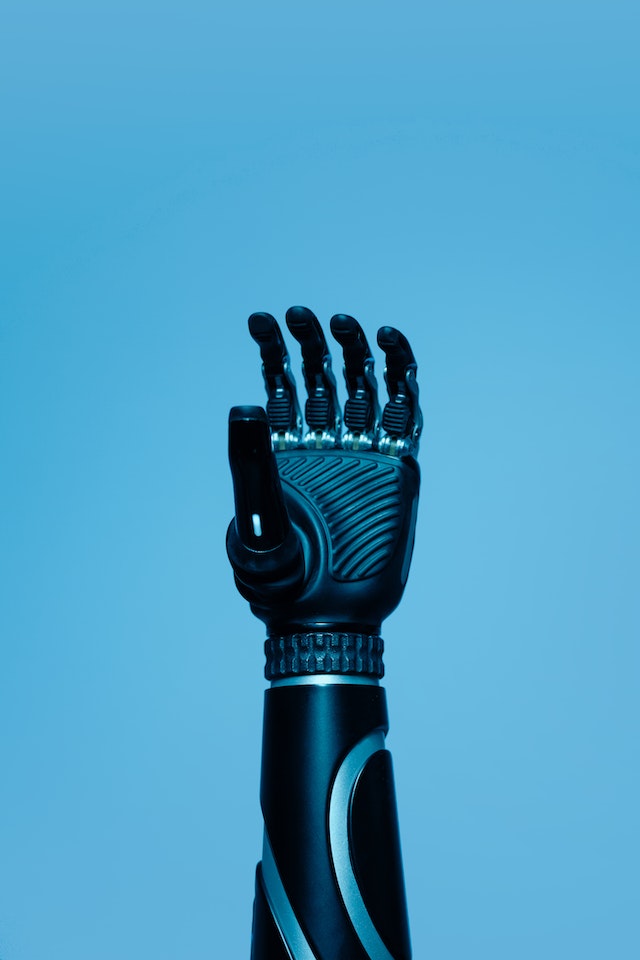Remote work landscape has been shaped by the emergence of the gig economy. This article explores the impact of the gig economy and remote work on employment, discussing their definitions, advantages, challenges, and the changing dynamics they bring to traditional work models.
The Gig Economy:
The gig economy refers to a labor market characterized by short-term or freelance work arrangements, where individuals take on independent projects or tasks rather than being permanently employed by a single employer. This flexible and decentralized work model offers several advantages, such as freedom to choose projects, flexibility in working hours, and the potential for increased earnings. However, it also presents challenges, including the lack of job security, limited access to benefits, and potential income volatility. The gig economy has disrupted traditional employment patterns, with a shift towards a more independent and project-based approach.
Read More: The Role of Technology in Global Problems
Remote Work:
Remote work involves working outside of a traditional office setting, often enabled by technology and digital connectivity. It can take various forms, including telecommuting, freelancing, or running an online business. Remote work offers numerous benefits, such as increased flexibility, reduced commuting time and costs, and the ability to work from anywhere. However, it also brings challenges such as potential isolation, blurred work-life boundaries, and the need for self-discipline and time management. The COVID-19 pandemic has accelerated the adoption of remote work and highlighted its viability in various industries.
Impact on Employment:
The gig economy and remote work have had a profound impact on employment patterns. Traditional job models are being disrupted, with more individuals opting for gig work or seeking remote opportunities. This shift has led to a changing job market, where companies are increasingly relying on flexible workers to meet their needs. The gig economy and remote work have created new opportunities for individuals to find work that aligns with their skills and preferences, promoting a more flexible and entrepreneurial approach to employment. However, concerns exist regarding job insecurity, lack of benefits, and income instability, particularly for those heavily reliant on gig work.
Work-Life Balance:
One of the notable effects of the gig economy and remote work is the potential for improved work-life balance. Flexible work arrangements allow individuals to have more control over their schedules, enabling them to pursue personal interests, care for family members, or engage in side projects. However, maintaining boundaries between work and personal life can be challenging, as the line between the two can become blurred when working remotely. Setting clear expectations, establishing designated workspaces, and practicing self-care are important for achieving a healthy work-life balance.
Future Trends:
The gig economy and remote work are expected to continue their growth trajectory. As technology advances and digital connectivity improves, more industries are likely to embrace flexible work arrangements. The pandemic has shown that remote work is feasible for many roles, leading to a shift in work models and potential long-term changes to traditional office-based employment. It is anticipated that new work models will emerge, combining elements of the gig economy and remote work to create hybrid models that offer flexibility and autonomy while maintaining some aspects of traditional employment structures.
Read More: The Benefits & Drawbacks of Artificial Intelligence
Conclusion:
The gig economy and remote work have brought significant changes to the employment landscape. These trends have reshaped traditional work models, providing individuals with more flexibility, autonomy, and opportunities to align work with their lifestyle preferences. The gig economy offers advantages such as project diversity and increased earnings potential, while remote work allows for location independence and reduced commuting time. However, challenges related to job security, benefits, and work-life balance need to be carefully addressed.
FAQs
Q. What is the gig economy?
A. The gig economy refers to a labor market where individuals take on independent and short-term work arrangements rather than being permanently employed by a single employer.
Q. What are the advantages of remote work?
A. Remote work offers benefits such as increased flexibility, reduced commuting time and costs, and the ability to work from anywhere with an internet connection.
Q. How has the gig economy impacted traditional employment?
A. The gig economy has disrupted traditional employment patterns, with more individuals opting for independent work rather than traditional full-time employment.
Q. What challenges are associated with remote work?
A. Remote work can bring challenges such as potential isolation, blurred work-life boundaries, and the need for self-discipline and time management.
Q. What does the future hold for the gig economy and remote work?
A. The gig economy and remote work are expected to continue growing, with hybrid models that combine elements of both becoming more prevalent in the future of work.



